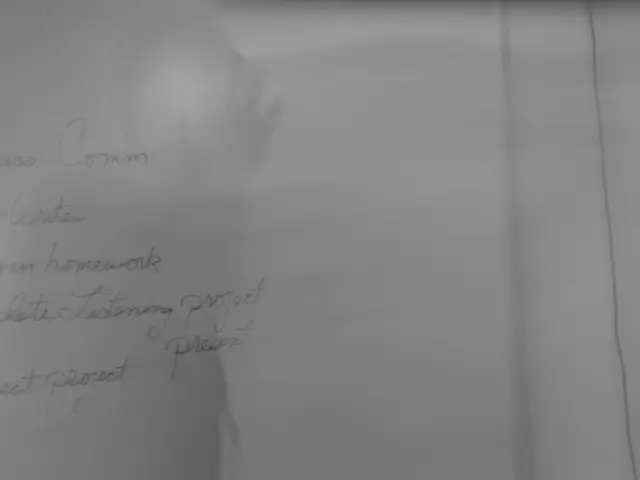Medicare and Workers' Compensation: Key Points to Understand
Understanding Workers' Compensation and Medicare:
Navigating the intersection of workers' compensation and Medicare is a must for those who are currently enrolled or soon will be eligible. Failure to comprehend this interplay can lead to complications with medical costs for job-related injuries.
Workers' Compensation Explained:
Workers' compensation serves as insurance for federal employees and certain other entities who have sustained injuries or illnesses directly related to their jobs. The Office of Workers' Compensation Programs under the Department of Labor oversees this benefit [1].
Impact on Medicare Coverage:
People receiving workers' compensation benefits must be mindful of how this might affect their Medicare coverage to prevent any issues with medical expenses [2].
Settlement and Medicare:
Under Medicare's secondary payer policy, workers' compensation must be the primary payer for any treatment related to a work-related injury. In cases where immediate medical expenses arise before the individual receives their workers' compensation settlement, Medicare may pay first and initiate a recovery process [2].
To avoid a recovery process, the Centers for Medicare & Medicaid Services (CMS) often monitors the amount a person receives from workers' compensation for their injury-related medical care. In some cases, Medicare may ask for the establishment of a workers' compensation Medicare set-aside arrangement (WCMSA) for these funds [2].
Reporting Requirements:
It is essential to inform Medicare about workers' compensation agreements to avoid future claim rejections and reimbursement obligations [3]. People must report to Medicare if they receive a settlement of $25,000 or more if already enrolled in Medicare or if they will qualify within 30 months of the settlement date and the settlement amount is $250,000 or more [3].
Additionally, if the person files a liability or no-fault insurance claim, they must also report it to Medicare [3].
Managing Workers' Compensation Settlements:
To manage a workers' compensation settlement effectively and avoid claim denials or reimbursement obligations as a Medicare beneficiary, follow these steps:
- Notify CMS about any workers' compensation settlement.
- If CMS requires it, establish a WCMSA.
- Use the WCMSA funds for related medical expenses before Medicare will cover any additional costs.
Avoiding Denials and Reimbursement Obligations:
- Comply with reporting standards.
- Coordinate with MSP Compliance to ensure all compliance requirements are met.
- Regularly monitor CMS communications and provide training to claims adjusters and legal teams on the new reporting requirements.
Additional Considerations:
- Medicare is the secondary payer, and workers' compensation must be the primary payer for work-related injuries.
- Maintain detailed documentation of WCMSA settlements and be prepared for audits to demonstrate compliance with CMS regulations.
- Failure to understand the intersection of workers' compensation and Medicare can lead to complications and potential difficulties with medical costs for job-related injuries.
- Workers' compensation serves as insurance for federal employees and certain entities who have sustained injuries or illnesses directly related to their jobs.
- People receiving workers' compensation benefits must report to Medicare about the agreements to avoid future claim rejections and reimbursement obligations.
- Under Medicare's secondary payer policy, workers' compensation must be the primary payer for any treatment related to a work-related injury.
- To manage a workers' compensation settlement effectively, notifying the Centers for Medicare & Medicaid Services (CMS) about the settlement and, if necessary, establishing a workers' compensation Medicare set-aside arrangement (WCMSA), should be considered.
- In cases where Medicare's secondary payer status leads to a recovery process, it is crucial to comply with reporting standards, collaborate with MSP Compliance to meet all compliance requirements, and maintain detailed documentation of WCMSA settlements.








